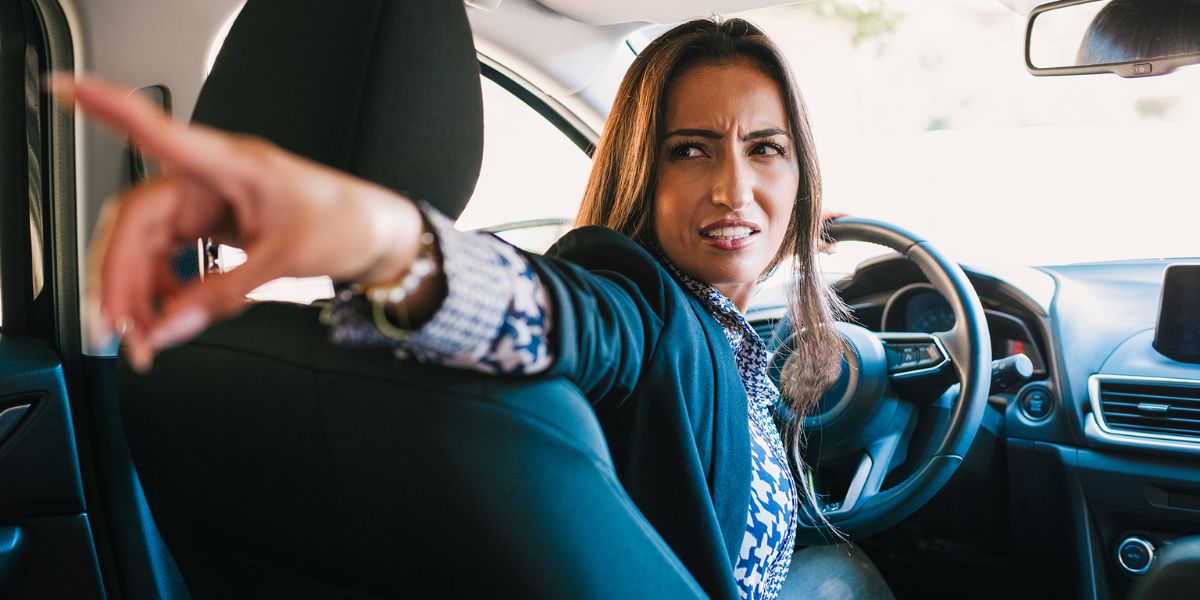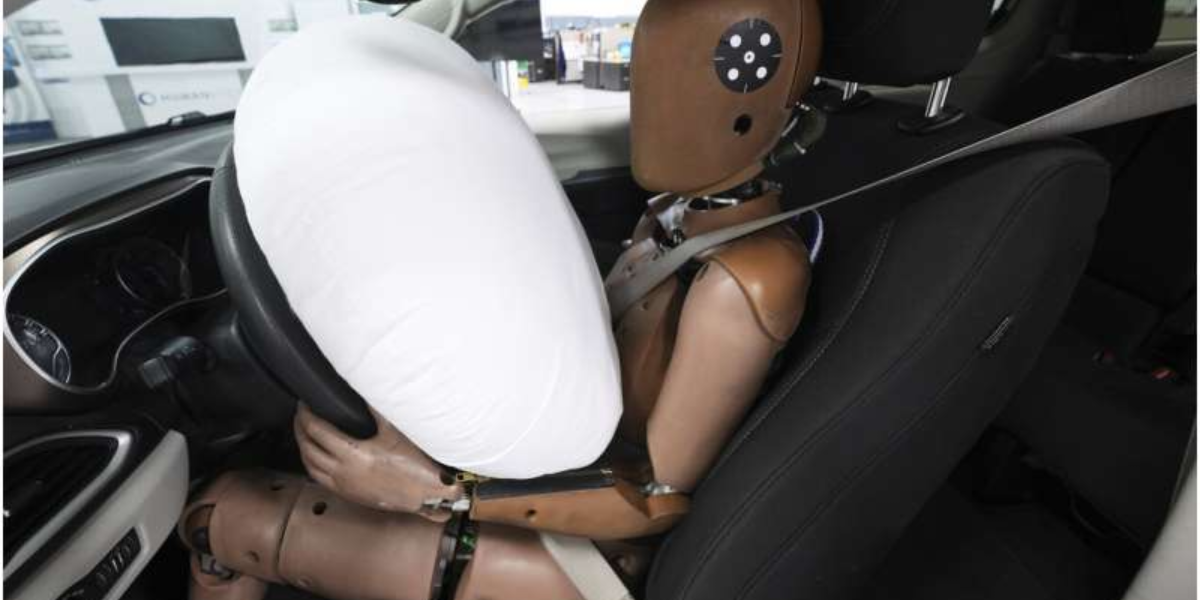Starting July 1, 2025, Virginia will expand its seatbelt laws to include all passengers in a vehicle, including those in the back seat.
Under the new law, backseat passengers will be required to wear seatbelts, and violators will face a $25 fine. This move aims to enhance road safety and reduce the risk of injuries and fatalities caused by unrestrained passengers.
What the New Law Means for Drivers and Passengers
The new law mandates that every individual in a vehicle—whether in the front seat or back—must be properly secured with a seatbelt. Previously, the seatbelt law only applied to those in the front seats of a vehicle, leaving backseat passengers exempt from wearing seatbelts if the driver was not specifically enforcing it.
Now, with the expansion of this law, the responsibility to ensure that all passengers, regardless of their seat location, are wearing seatbelts falls to both the driver and the passengers themselves. If any backseat passenger is found without a seatbelt, the driver will be held accountable and face the $25 fine. This applies even if the driver was not aware that the backseat passenger was not wearing their seatbelt.
Why Was the Law Changed?
The goal of the expanded seatbelt law is to enhance road safety and reduce preventable injuries or deaths in car accidents. Studies show that seatbelts are one of the most effective safety features in preventing injuries and fatalities in crashes.
California Gas Prices Set to Rise: Excise Tax Increases by 1.6 Cents on July 1
Illinois Sales Tax Hike and Plastic Bottle Ban Take Effect July 1
While the majority of front-seat passengers regularly buckle up, backseat passengers have historically been less likely to do so, often because they believed that the risk of injury was lower in the back seat.
However, research has shown that backseat passengers can also be severely injured or killed in crashes if they are not wearing seatbelts. Additionally, unbelted backseat passengers can become projectiles in the event of a crash, endangering themselves and others in the vehicle. The law is designed to eliminate this risk by ensuring that all passengers—front and back—are properly restrained.
What Are the Penalties for Non-Compliance?
The new law imposes a $25 fine on drivers if any backseat passenger is caught not wearing their seatbelt. While this fine is relatively modest, the law serves as an important reminder about the critical importance of seatbelt use. The fine is intended to encourage drivers to take responsibility for ensuring that everyone in the vehicle is following safety regulations.
The $25 fine is applicable even if a backseat passenger is not directly observed by law enforcement at the time of the violation. Officers can issue fines during routine traffic stops if they observe a backseat passenger without a seatbelt.
How the Law Will Be Enforced
Law enforcement officers will enforce the new seatbelt law during routine traffic stops, and they will have the authority to issue fines if they observe backseat passengers not wearing seatbelts. This means that drivers need to be proactive in ensuring that their passengers are properly restrained before starting a trip.
In addition to enforcing the law during traffic stops, law enforcement agencies may run special campaigns to raise awareness about the expanded seatbelt requirement. Public service announcements and other educational efforts will help inform the public about the new rules and the importance of wearing seatbelts.
What Does This Mean for Virginia Drivers?
For Virginia drivers, the new law serves as a reminder that they are responsible not only for their own safety but also for the safety of their passengers. Drivers should make it a habit to ensure that everyone in the vehicle is wearing their seatbelt, whether they are in the front or back seat. This includes children, adults, and even passengers who might otherwise feel that they don’t need to buckle up.
In practice, drivers should remind backseat passengers to wear their seatbelts before starting a journey. For those with young children or passengers who may need assistance with seatbelt use, drivers should ensure that appropriate child safety seats or booster seats are used.
Why This Change is Important
The expanded seatbelt law is an important step forward in improving the safety of all passengers on Virginia’s roads.
According to the National Highway Traffic Safety Administration (NHTSA), seatbelts save thousands of lives every year, preventing injuries and fatalities in accidents. Despite this, studies have found that nearly half of all rear-seat passengers in the U.S. do not wear seatbelts, even though they are just as vulnerable to injury in crashes.
This law aims to reduce that statistic by making seatbelt use a requirement for all passengers, regardless of where they sit in the vehicle. By doing so, Virginia hopes to improve the safety of both drivers and passengers and reduce the number of preventable traffic-related injuries and deaths.
Looking Ahead: A Safer Future for Virginia Roads
The introduction of this new law is part of Virginia’s ongoing efforts to improve road safety and promote responsible driving. In addition to seatbelt laws, the state has implemented other traffic safety measures over the years, such as stricter DUI laws and efforts to combat distracted driving.
As the new law takes effect, it will be important for drivers to adjust their habits and ensure that every passenger in their vehicle is following the rules. With public awareness campaigns, enforcement efforts, and a focus on education, Virginia hopes to make its roads safer for everyone.
In the long term, this expanded seatbelt law will likely contribute to a reduction in traffic-related injuries and deaths, making Virginia’s roadways safer for all residents. As the law becomes fully implemented, the goal will be to establish a culture where seatbelt use is universally understood as a crucial component of safe driving practices.




